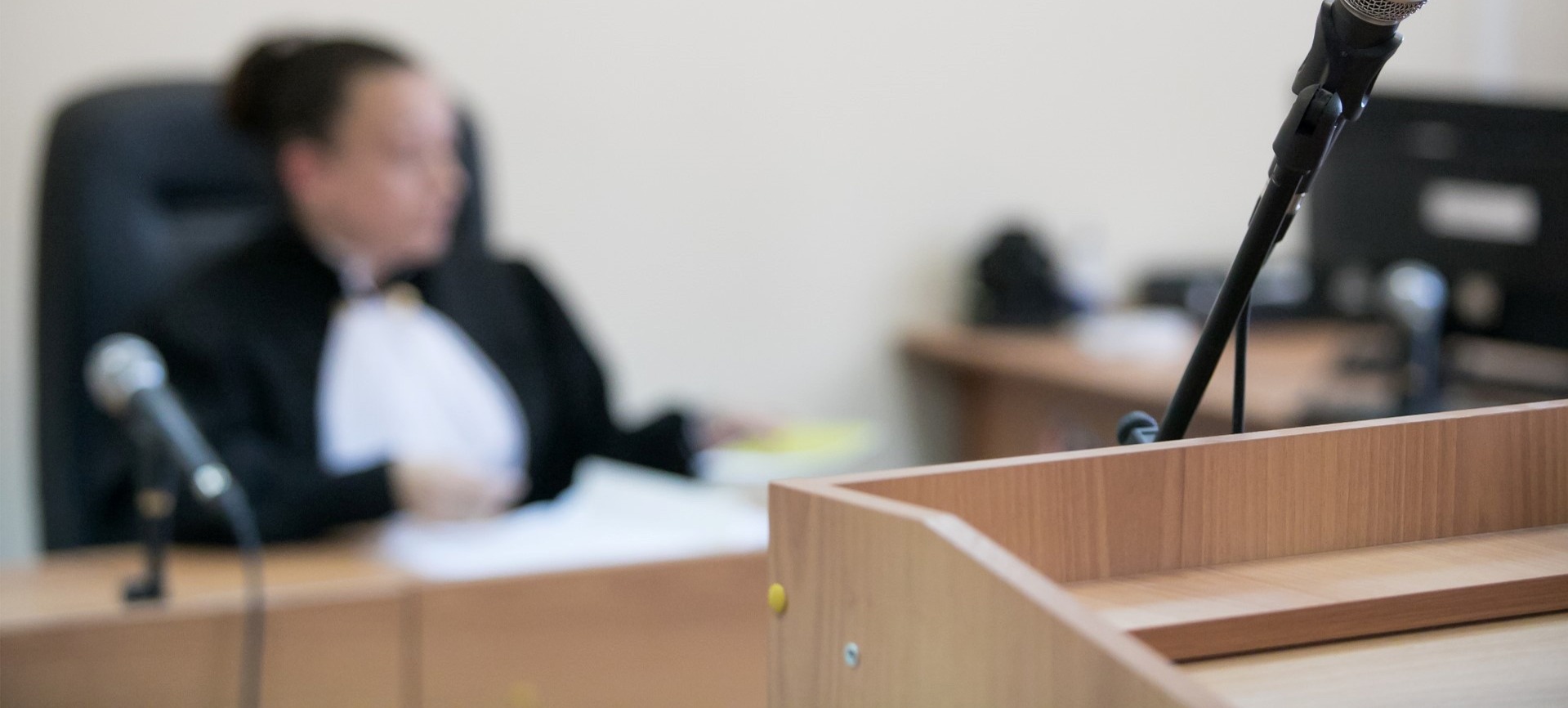Inquests
For almost everyone involved in an inquest, the ultimate goal is for someone impartial to say that what has happened, was wrong.
We have extensive and nationwide experience in Coronial Law, representing clients at pre-inquest review and at inquests themselves. And while the mere prospect of attending court may be daunting, and attendance because of the loss of a loved one extremely painful, you can depend on our resolute support throughout the process.
For those who have lost loved ones, knowing that their friend or family member’s death was not in vain can bring some much-needed comfort.

When should a death in hospital be reported to the coroner?
A death in hospital should be reported to the Coroner if:
- There is a question of negligence or misadventure about the treatment of the person who died?
- The patient died before a provisional diagnosis was made and the general practitioner is not willing to certify the cause
- The patient died as a result of the administration of an anaesthetic
?The Coroner will seek to confirm the identity of the person who has died and establish where they died, when they died and, most importantly, how they died.
Examples of inquests we have investigated include:
Baby Death
Missed Subdural Haematoma
Anaesthetic Error
Retained Object After Surgery
Pharmaceutical Error
